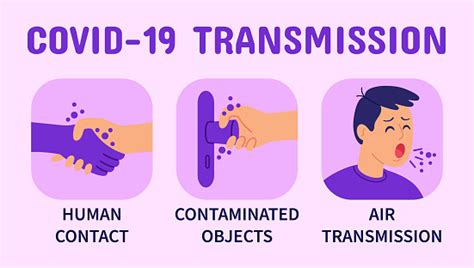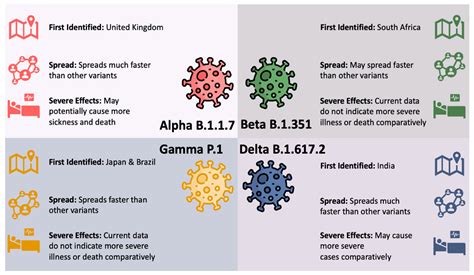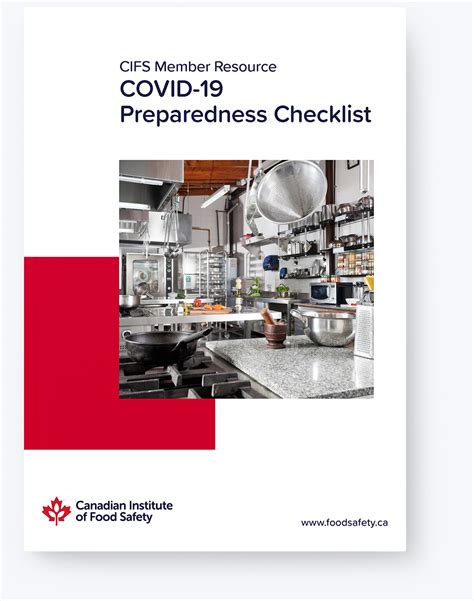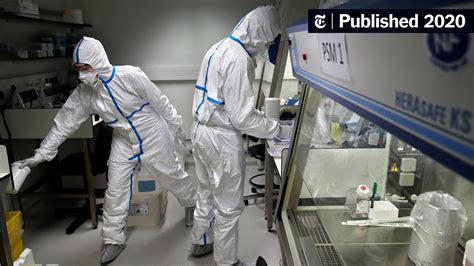Intro
Stay updated on current Covid symptoms, including Omicron variant signs, coronavirus infection effects, and pandemic health guidance to navigate the evolving outbreak landscape.
The COVID-19 pandemic has been a global health crisis, affecting millions of people worldwide. As the virus continues to evolve, it's essential to stay informed about the current COVID symptoms to protect ourselves and our loved ones. The symptoms of COVID-19 can vary from person to person, and it's crucial to recognize them to seek medical attention promptly. In this article, we'll delve into the current COVID symptoms, their severity, and what you can do to prevent the spread of the virus.
The COVID-19 virus has undergone several mutations, resulting in different variants with distinct symptoms. The most common symptoms of COVID-19 include fever, cough, fatigue, and shortness of breath. However, some people may experience additional symptoms such as headache, sore throat, runny nose, and diarrhea. It's essential to note that some individuals may be asymptomatic, meaning they don't exhibit any symptoms despite being infected with the virus.
As the pandemic continues to evolve, it's crucial to stay informed about the current COVID symptoms to protect ourselves and our loved ones. The Centers for Disease Control and Prevention (CDC) and the World Health Organization (WHO) provide regular updates on the symptoms, transmission, and prevention of COVID-19. By staying informed, we can take necessary precautions to prevent the spread of the virus and reduce the risk of severe illness.
Understanding COVID-19 Symptoms

COVID-19 symptoms can range from mild to severe, and it's essential to recognize them to seek medical attention promptly. The most common symptoms of COVID-19 include:
- Fever
- Cough
- Fatigue
- Shortness of breath
- Headache
- Sore throat
- Runny nose
- Diarrhea It's essential to note that some individuals may experience additional symptoms such as chest pain, confusion, and loss of appetite.
Severity of COVID-19 Symptoms
The severity of COVID-19 symptoms can vary from person to person, and it's crucial to seek medical attention if you experience any of the following: * Difficulty breathing * Chest pain or pressure * Confusion or disorientation * Severe headache or sore throat * Fever above 102°F (39°C) * Vomiting or diarrhea that lasts more than two daysTransmission and Prevention of COVID-19

COVID-19 is primarily spread through respiratory droplets, contact with contaminated surfaces, and close contact with an infected person. To prevent the spread of the virus, it's essential to:
- Wear a mask in public places
- Practice social distancing
- Wash your hands frequently with soap and water
- Avoid touching your face, especially your mouth, nose, and eyes
- Clean and disinfect surfaces regularly
- Avoid close contact with anyone who is sick
Vaccination and Treatment
Vaccination is one of the most effective ways to prevent COVID-19. The CDC and WHO recommend getting vaccinated against COVID-19 to reduce the risk of severe illness and transmission. Additionally, several treatments are available for COVID-19, including antiviral medications, corticosteroids, and oxygen therapy.Current COVID-19 Variants

The COVID-19 virus has undergone several mutations, resulting in different variants with distinct symptoms. Some of the current COVID-19 variants include:
- Alpha variant
- Beta variant
- Gamma variant
- Delta variant
- Omicron variant Each variant has its unique characteristics, and it's essential to stay informed about the current variants to protect ourselves and our loved ones.
Impact of COVID-19 on Mental Health
The COVID-19 pandemic has had a significant impact on mental health, with many people experiencing anxiety, depression, and stress. It's essential to prioritize mental health during this time, and seek help if you're experiencing any of the following: * Feeling overwhelmed or hopeless * Difficulty sleeping or concentrating * Changes in appetite or mood * Avoiding social interactions or activitiesStaying Informed and Prepared

To stay informed and prepared, it's essential to:
- Follow reputable sources such as the CDC and WHO
- Stay up-to-date with the latest news and updates
- Have a plan in place in case of an emergency
- Stock up on essential supplies such as food, water, and medication
- Prioritize self-care and mental health
Community Response and Support
The COVID-19 pandemic has highlighted the importance of community response and support. It's essential to: * Check in on vulnerable neighbors and friends * Offer support and resources to those in need * Volunteer with local organizations and charities * Prioritize community health and well-beingFuture Directions and Research

Researchers are working tirelessly to develop new treatments, vaccines, and diagnostic tools for COVID-19. Some of the future directions and research areas include:
- Developing more effective vaccines and treatments
- Improving diagnostic tools and testing
- Understanding the long-term effects of COVID-19
- Developing strategies for pandemic preparedness and response
Global Cooperation and Collaboration
The COVID-19 pandemic has highlighted the importance of global cooperation and collaboration. It's essential to: * Share knowledge and resources across borders * Collaborate on research and development * Develop global strategies for pandemic preparedness and response * Prioritize global health and well-beingConclusion and Next Steps

In conclusion, the COVID-19 pandemic is an ongoing global health crisis that requires our attention and action. By staying informed, taking necessary precautions, and prioritizing our health and well-being, we can reduce the risk of severe illness and transmission. As we move forward, it's essential to stay vigilant, adapt to new information, and work together to combat the pandemic.
We invite you to share your thoughts, questions, and concerns about COVID-19 in the comments below. Let's work together to stay informed, support each other, and build a stronger, healthier community.
What are the most common symptoms of COVID-19?
+The most common symptoms of COVID-19 include fever, cough, fatigue, and shortness of breath. However, some people may experience additional symptoms such as headache, sore throat, runny nose, and diarrhea.
How is COVID-19 transmitted?
+COVID-19 is primarily spread through respiratory droplets, contact with contaminated surfaces, and close contact with an infected person.
What can I do to prevent the spread of COVID-19?
+To prevent the spread of COVID-19, it's essential to wear a mask in public places, practice social distancing, wash your hands frequently with soap and water, avoid touching your face, and clean and disinfect surfaces regularly.
